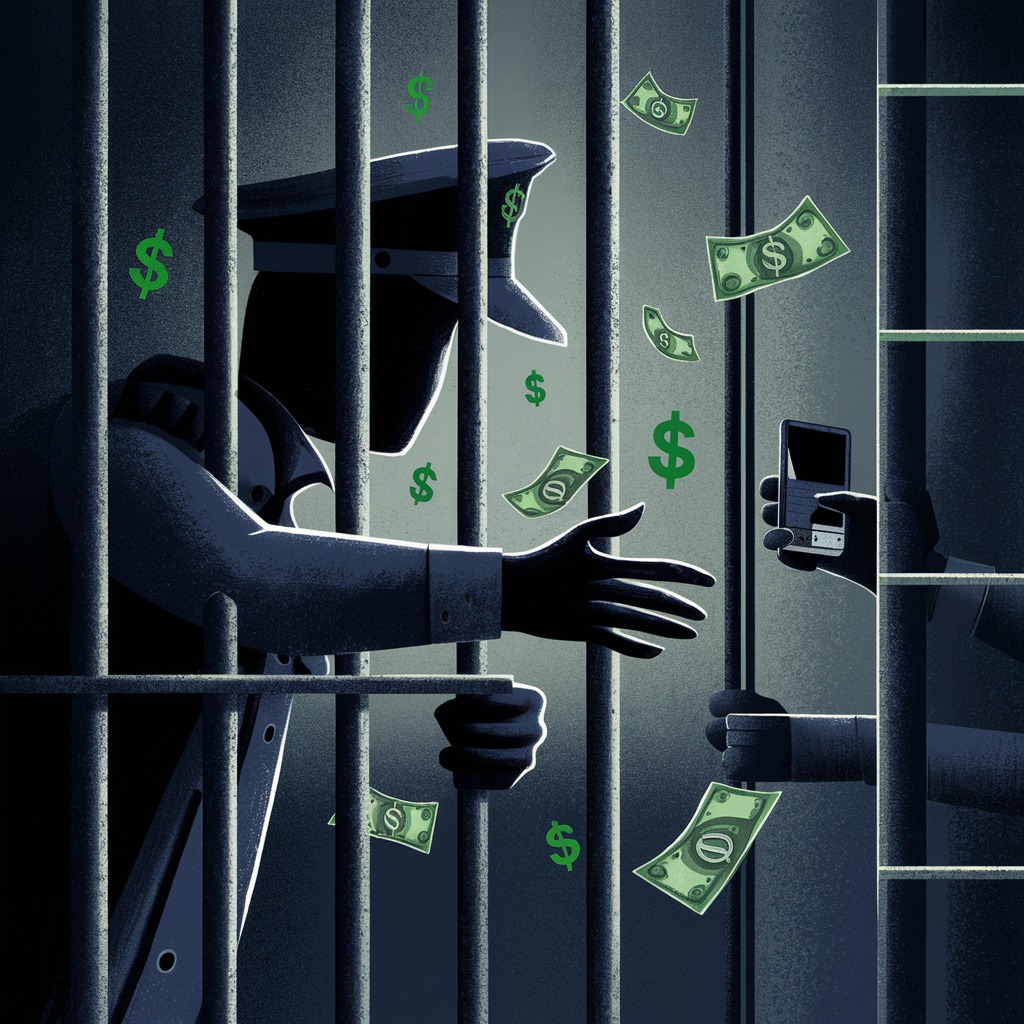In a startling revelation, Maldives authorities have uncovered a widespread corruption scheme involving corrections officers who allegedly supplied contraband to inmates, netting millions in illicit profits. The case, involving 18 officers, has prompted a sweeping investigation and highlights the ongoing challenges in maintaining prison security.
Home Minister Ali Ihsan, speaking at a joint press conference with police officials, detailed the scope of the operation. “We’re dealing with a breach of trust on an unprecedented scale,” Ihsan said. “These officers, sworn to uphold the law, have instead chosen to profit from undermining it.”
According to police, the accused officers deposited a staggering 73.3 million Maldivian rufiyaa (approximately $4.8 million) into their bank accounts last year alone. In one particularly egregious case, a single officer’s account saw deposits totaling 24 million rufiyaa ($1.6 million) within a year.
Assistant Commissioner of Police Abdullah Shareef revealed that the investigation was triggered by intelligence suggesting corrections officers were supplying drugs and phones to inmates at Maafushi jail. “Our findings indicate a deeply entrenched network of corruption,” Shareef stated.
The money trail led investigators to connect deposits made by current and former inmates, as well as individuals known to law enforcement as having ties to criminal networks.
Minister Ihsan emphasized the government’s commitment to rooting out corruption at all levels. “We will not stop at the corrections officers,” he declared. “Those who offered bribes will face equal scrutiny under the law.”
The Maldives operates two main correctional facilities: a high-security prison on Maafushi Island and a less restrictive detention center on Hinmafushi Island. Sources familiar with the situation, speaking on condition of anonymity due to the sensitivity of the matter, revealed that the corruption extends far beyond basic contraband.
“Some inmates are living in surprising comfort,” said one source to us. According to these insiders, a cup of coffee for prisoners can cost up to 100 Maldivian rufiyaa (about $6.50). Even more startling are reports of pizzas and other luxuries being delivered by drones, though these claims could not be independently verified.
The minister also noted that six former corrections officers who left the service this year are under investigation. These individuals, currently unemployed and without known businesses, have raised suspicions due to large sums in their accounts.
As the investigation unfolds, Minister Ihsan has pledged to keep the public informed of developments. “Transparency is key to rebuilding trust,” he said. “We’re committed to seeing this through, no matter where it leads.”
This case underscores the ongoing challenges in maintaining the integrity of Maldives’ correctional system. As authorities work to unravel the full extent of the scheme, the public watches closely, hoping for reforms that will prevent such widespread corruption in the future.












